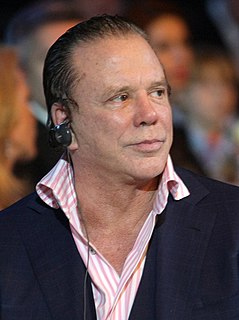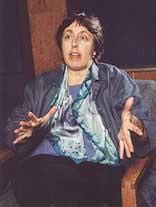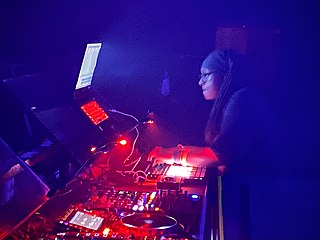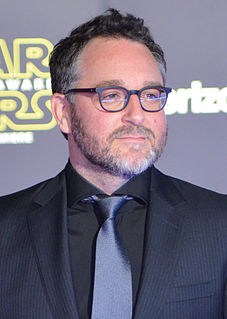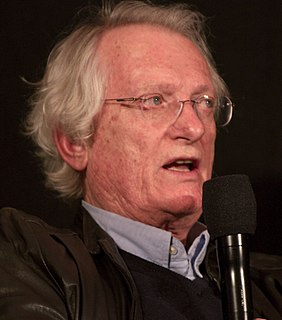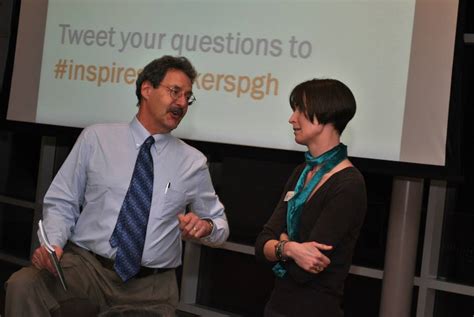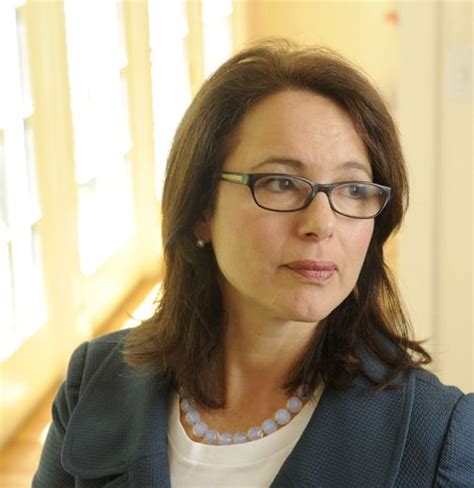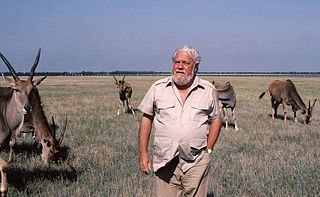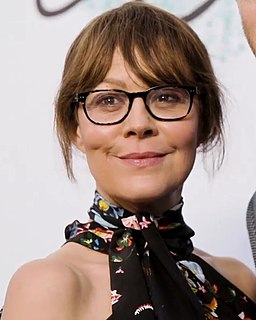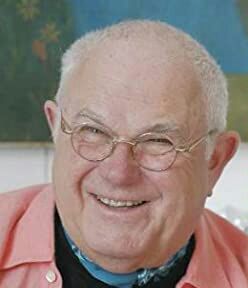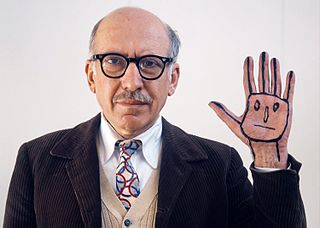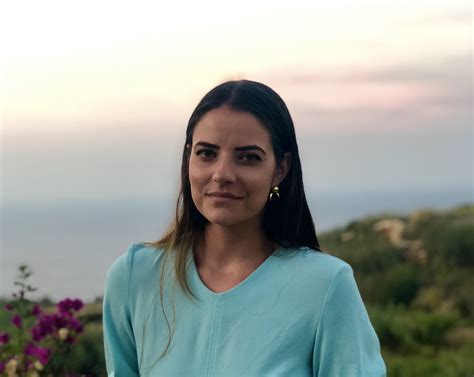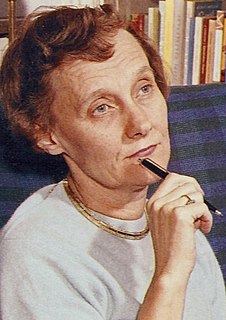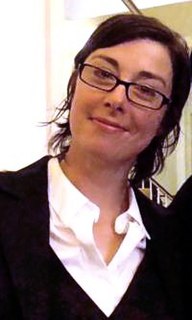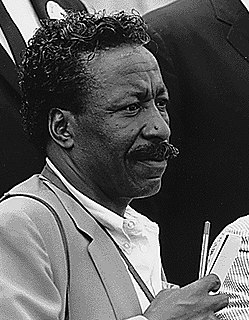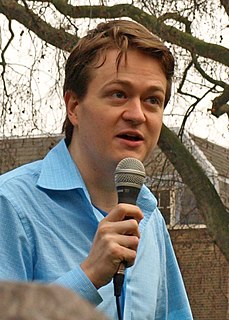Top 1200 Childhood Trauma Quotes & Sayings - Page 2
Explore popular Childhood Trauma quotes.
Last updated on December 2, 2024.
Many abused children cling to the hope that growing up will bring escape and freedom. But the personality formed in an environment of coercive control is not well adapted to adult life. The survivor is left with fundamental problems in basic trust, autonomy, and initiative. She approaches the tasks of early adulthood-establishing independence and intimacy-burdened by major impairments in self-care, in cognition and memory, in identity, and in the capacity to form stable relationships. She is still a prisoner of her childhood; attempting to create a new life, she reencounters the trauma.
Happy is already a state, so if you create something that's happy... OK, wonderful... but when you're in a place of distress or trauma, there are so many more directions that can go in to me. Something that's happy can only truly go in one direction, whereas with something like distress, anger, trauma, there are so many more interesting possibilities that those emotions can create.
We have opted for petty determinisms - childhood trauma, genetic inheritance, social conditioning, etc. - that have made us comparatively passive. We seem to prefer to find excuses - which are really nothing more than the embrace of determinism, a sort of Stockholm syndrome relative to whatever we can claim as limitation. I am fascinated by the more enabling self-understanding. It has helped me to find my way out of the cloying comforts that are offered by prevalent psychological models.
As soon as one knows one is going to die, childhood is over.... So one can be grown up at seven. Then, I believe most human beings forget what they have understood, recover another sort of childhood that can last all their lives. It is not a true childhood but a kind of forgetting. Desires and anxieties are there, preventing you from having access to the essential truth.
At least I've had to come to that in my life, to realize that this stuff called failure, this stuff, this debris of historical trauma, family trauma, you know, stuff that can kill your spirit, is actually raw material to make things with and to build a bridge. You can use those materials to build a bridge over that which would destroy you.
We're painting the same people all our life - it's just the way we look at them that changes. If you experience trauma, you can speak about it in so many different ways. You can speak about landscape, you can speak about your food; it's always different. Trauma is the beginning of life as an artist.
You are suffering from an ailment that affects ladies of romantic imaginations. Symptoms include fainting, weariness, loss of appetite, low spirits. While on one level the crisis can be ascribed to wandering about in freezing rain without the benefit of adequate waterproofing, the deeper cause is more likely to be found in some emotional trauma. However, unlike the heroines of your favorite novels, your constitution has not been weakened by the privations of life in earlier, harsher centuries. No tuberculosis, no childhood polio, no unhygienic living conditions. You'll survive.' " pg. 303
Some people's lives seem to flow in a narrative; mine had many stops and starts. That's what trauma does. It interrupts the plot. You can't process it because it doesn't fit with what came before or what comes afterward. A friend of mine, a soldier, put it this way. In most of our lives, most of the time, you have a sense of what is to come. There is a steady narrative, a feeling of "lights, camera, action" when big events are imminent. But trauma isn't like that. It just happens, and then life goes on. No one prepares you for it.
Even in New York City, we've seen some major improvements from the way the system was 20 years ago. There's still a lot to do - we know that training workers and parents, reducing caseload size, developing therapeutic foster care, strengthening kinship care, and putting more emphasis into preventive care are all solutions. Unfortunately, if a child is in a situation where removal from the home becomes neccessary, there's already been trauma. Putting a traumatized child into a "system," not a home, with strangers is creating a perfect storm for further trauma.
Let's say someone has experienced a violent trauma or betrayal: a child has been raped by a parent or has witnessed the destruction of someone he loves or has been so traumatized by the possibility of beatings and punishments that he's afraid to act. If the trauma is great enough, that person's life may become frozen, emotionally frozen even though he still gets up in the morning, is busy all day, and goes to bed at night. But there's this empty space that begins to fill with rage, rage toward everyone - the perpetrator, the people in the world who haven't suffered, even toward himself. (174)
I believe that at the beginning of the life of every artist there is some kind of trauma. We have a problem and all of our life we try to speak about this problem. My trauma was historical. When I was three or four, all the friends of my parents were survivors of the Holocaust; they spoke a lot about that. My father was hiding during the war, it was something totally present when I was a boy. It is sure that it has made me.
Punishment by definition isn't going to help. So what you need to do is to help people to change and recover is to help them find different areas of passion and help them find better ways of coping. Because about 50 percent of people with addiction have a preexisting mental illness, about two-thirds have had some type of severe trauma during childhood, and they are not using to the point where they're risking their lives because it's fun. They're doing something to help them cope.
Dance. Dance for the joy and breath of childhood. Dance for all children, including that child who is still somewhere entombed beneath the responsibility and skepticism of adulthood. Embrace the moment before it escapes from our grasp. For the only promise of childhood, of any childhood, is that it will someday end. And in the end, we must ask ourselves what we have given our children to take its place. And is it enough?
The opposite of addiction is human connection. And I think that has massive implications for the war on drugs. The treatment of drug addicts almost everywhere in the world is much closer to Tent City than it is to anything in Portugal. Our laws are built around the belief that drug addicts need to be punished to stop them. But if pain and trauma and isolation cause addiction, then inflicting more pain and trauma and isolation is not going to solve that addiction. It's actually going to deepen it.
